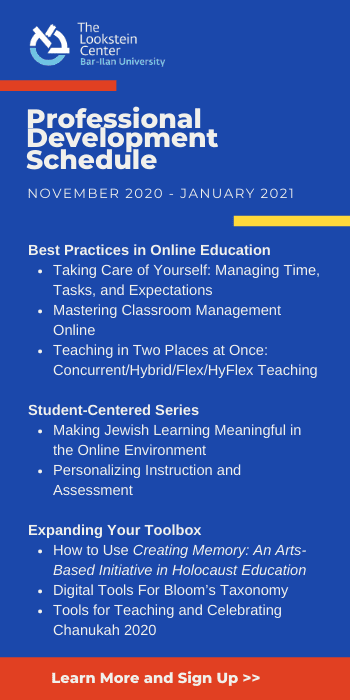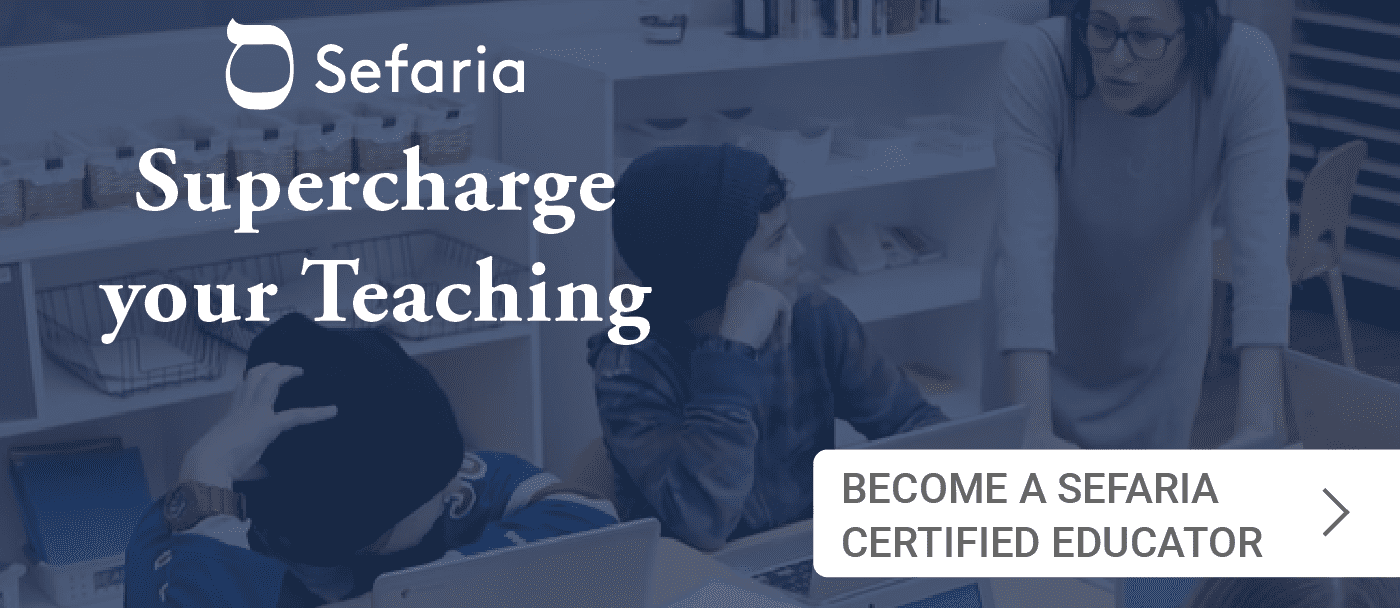- Parenting:
The school can assist families with parenting skills, family support, understanding and appreciating child development, and creating home conditions which are conducive to supporting age appropriate learning. In addition, parents can help schools understand family backgrounds, cultural nuance, and specific cognitive goals for children. They may include:
- The provision of home study opportunities based on Jewish texts relating to effective parenting, social/emotional concerns, and child development.
- Family support programs in order to assist parents with health, nutrition, and other essential needs.
- The provision of school and/or community workshops, seminars, and conferences (in person and on-line) relating to topics such as shalom bayit, child rearing, conflict resolution, and complex family structures.
- Communicating:
It is essential that the school communicate with parents about school programs, projects, and the academic progress of students. In addition, the school must create clear and concise two-way communication opportunities between parents and the school to create a symbiotic relationship between school and home. A more informed parent creates a better understanding about the school as well as parental expectations and opportunities.
Several opportunities may include: conferences with every parent at least once a year; a phone tree or instant messaging app to ensure the rapid dissemination of timely information; an updated parent portal on the school’s website; and a parent e-newsletter with important school related information.
- Volunteering:
One of the most important aspects of parental involvement is the fact that it is based totally on volunteerism. As such, parents have traditionally volunteered to assist schools to recruit new students and families, assist teachers as class parents and as parent liaisons, participate as class- trip chaperones, and fundraise.
In addition, the creation of “Family Centers” for volunteer work, meetings, and resources for families can provide the school with an invaluable resource for students, faculty, and administration
- Learning at Home:
Parents and families can play a central role in supporting academic learning at home, supporting homework requirements, helping with extra academic curricular activities, creating and supporting project based learning, and the identification of academic skills which students are expected to master and social behaviors commensurate with the schools standards. This is of particular importance in the areas of character development and middot for students.
- Decision Making:
Parents are often called upon to serve on committees, workgroups, and governance entities which focus upon policy-setting and policy implementation. Parents bring a variety of knowledge and expertise to the table which help inform policy and advocacy.
- Collaborating with Communities:
Parent groups can help coordinate resources and services for families, students, and the school. This is especially evident when the school is called upon to assist in a variety of tzedaka and hesed projects, advocacy programs, community programming and outreach, as well as other community based initiatives which impact the school and its local as well as global community.

Chaim Botwinick
Dr. Chaim Y. Botwinick is Principal of the Hebrew Academy Community School, Margate, FL., organizational consultant, and executive coach. He served in a variety of senior leadership positions on the local and national levels and is the Co-Founder of LEV Consulting Associates, specializing in strategic planning and organizational development. He is the author of Think Excellence: Harnessing Your Power to Succeed Beyond Greatness (Brown Books, 2001).



